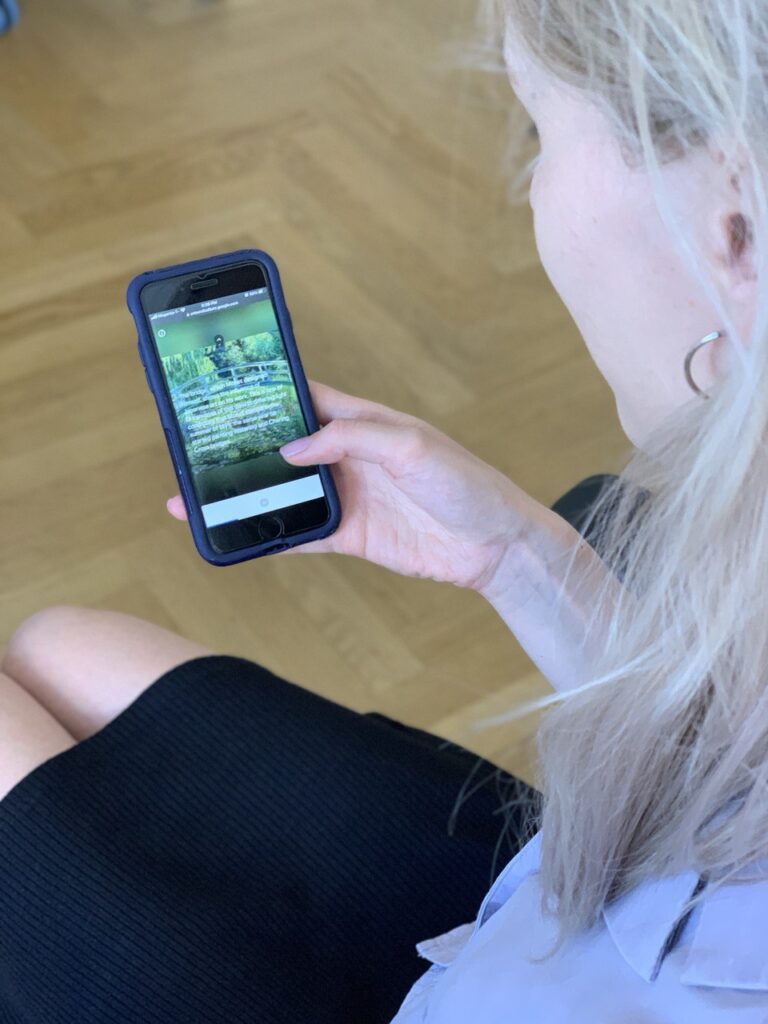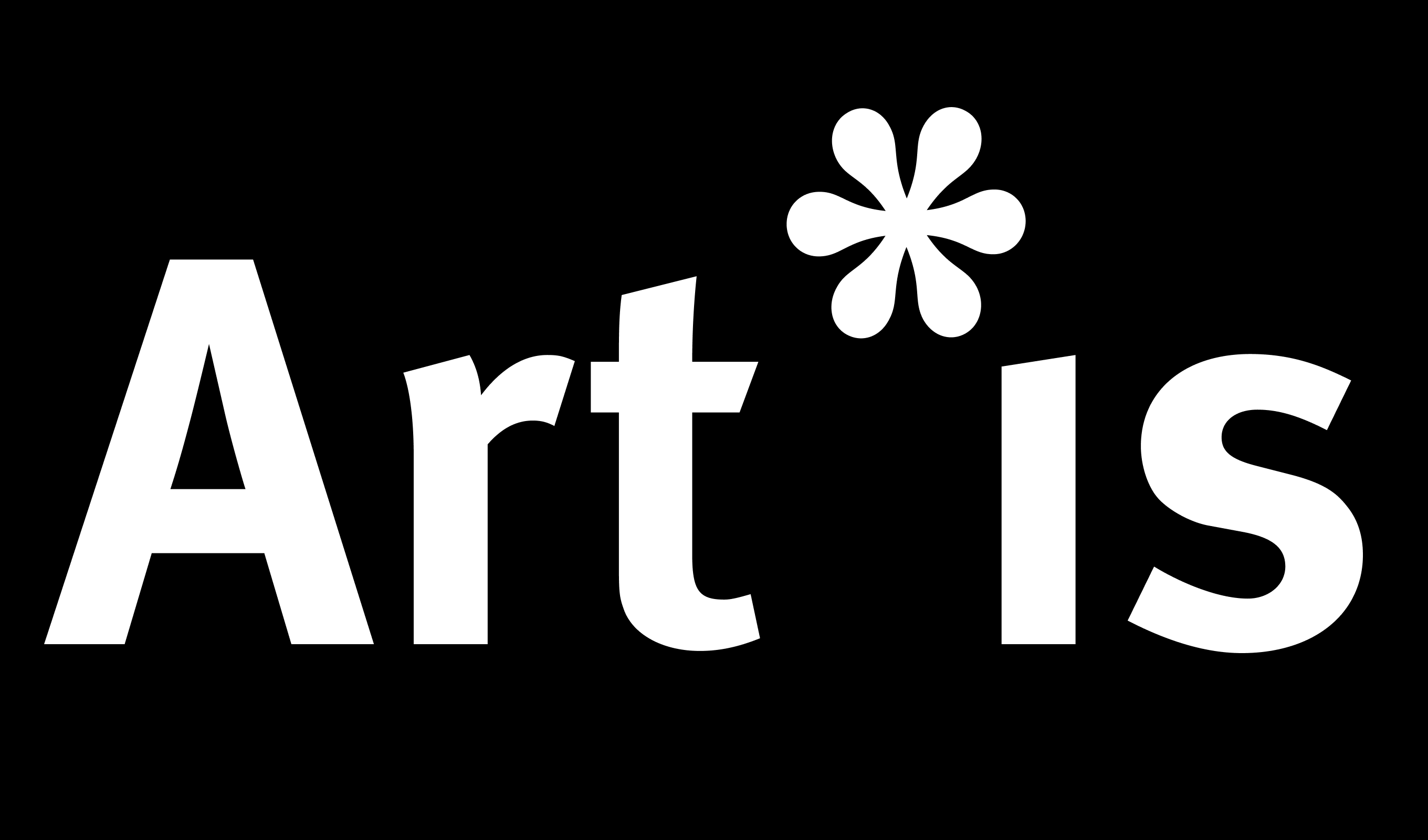written by MacKenzie Trupp
Viewing art can have powerful effects on an individual’s mood, stress and well-being. However, until recently, it was unknown if the impacts seen from visits to galleries and museums could translate to digital spaces. A research study led by MacKenzie Trupp, a PhD candidate at the University of Vienna in the ARTIS group (Arts and Research on Transformation of Individuals and Society) supervised by Asst. Prof. Dr Matthew Pelowski investigated if engagement with art online could lead to well-being benefits? This study indicated that a short 2–3-minute visits to an online art or cultural exhibition could have significant positive impacts on mood, anxiety, loneliness and subjective wellbeing.

Exploring the Google Arts and Culture online art exhibition; Monet: The Water Lily Pond; https://artsandculture.google.com/story/SgUR72lKcegxJQ?hl=en.
In the first wave of the Covid-19 pandemic, art and cultural institutions quickly transitioned from brick-and-mortar buildings to the internet. For the first time, digital museums and online art viewing were on the public’s mind. This had two effects. First, art and cultural artefacts could be reached from the couches and sofas of citizens around the globe. Second, the impact of the arts had the possibility of reaching a much broader audience than before.
In the last decade, scientists have conducted a great deal of research establishing that the arts can positively impact health and wellbeing. However, what was still unknown was if these impacts could be felt over the internet.
In a new study, MacKenzie Trupp, Matthew Pelowski and colleagues asked individuals to visit art exhibitions housed on the Google Arts and Culture website, accessed via smartphones, tablets, and computers. Before and after this visit, psychological states and levels of well-being were measured to assess how viewing the art could be beneficial.
The results showed that even very short viewings could have significant impacts, leading to lower levels of negative mood, anxiety, and loneliness and higher subjective well-being levels. These results were on par with several other types of interventions, like nature experiences and in-person gallery visits. Through further investigation, individuals’ personal subjective experiences became an important aspect to consider. The research team discovered that the more meaningful or beautiful people felt the art was and the more positive emotions they had while viewing, the greater the benefits were that they experienced.
These findings provide proof of concept that short bite-sized online art engagement can improve and support wellbeing. Further, this study places prominence on art interventions specific to each viewer, a recommendation that can be implemented on the ground. Lastly, the possibility of successful online art interventions for wellbeing opens avenues for further research and applications in spaces like waiting rooms, hospital beds, and rural areas where access to art is limited.
Reference
Trupp MD, Bignardi G, Chana K, Specker E and Pelowski M (2022) Can a Brief Interaction With Online, Digital Art Improve Wellbeing?: A Comparative Study of the Impact of Online Art and Culture Presentations on Mood, State-Anxiety, Subjective Wellbeing, and Loneliness. Front. Psychol. 13:782033. doi: 10.3389/fpsyg.2022.782033
